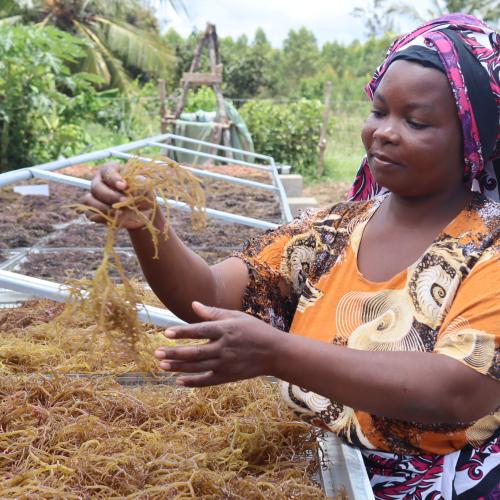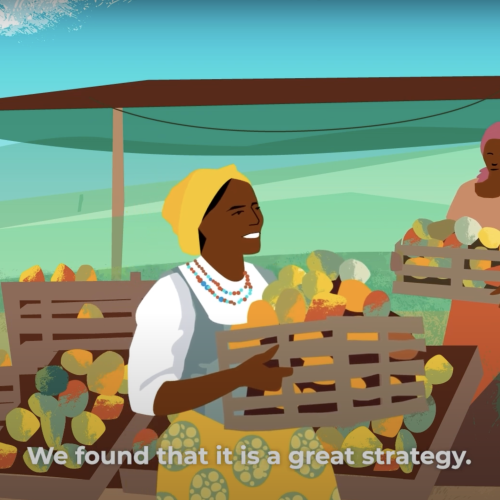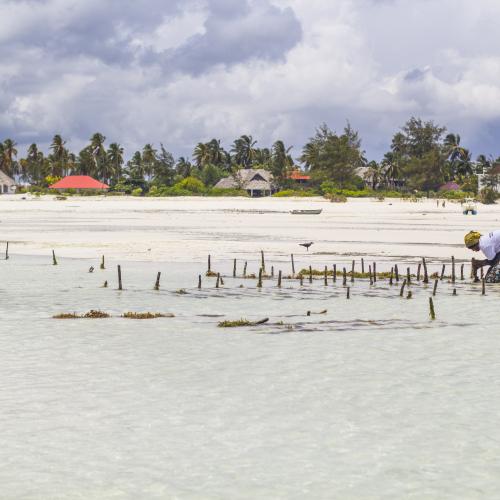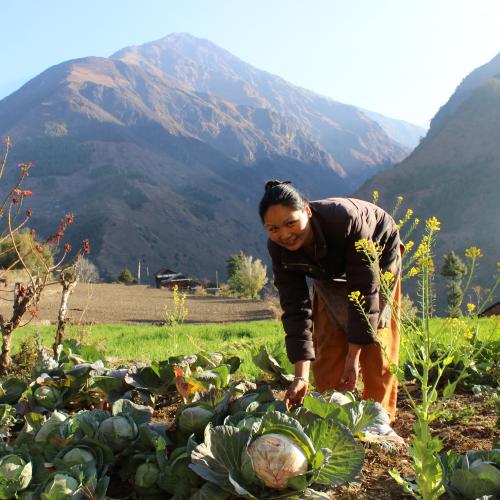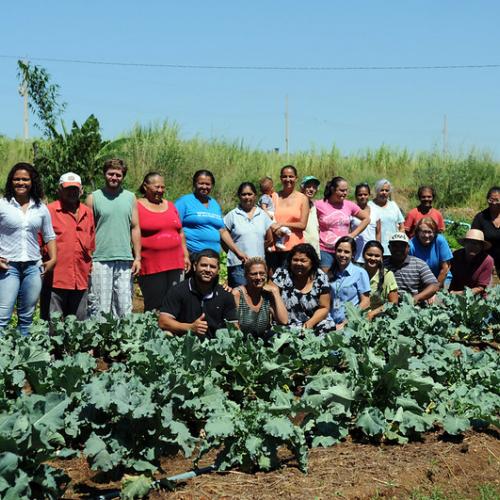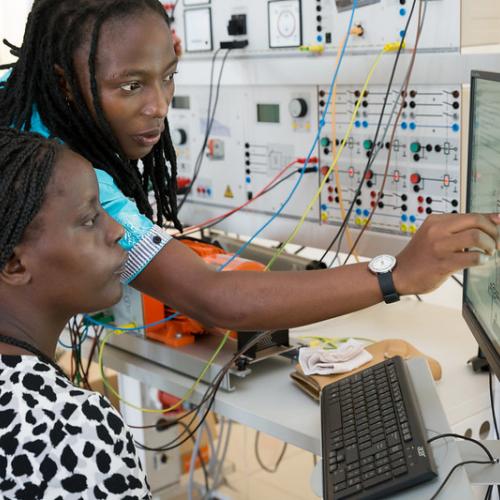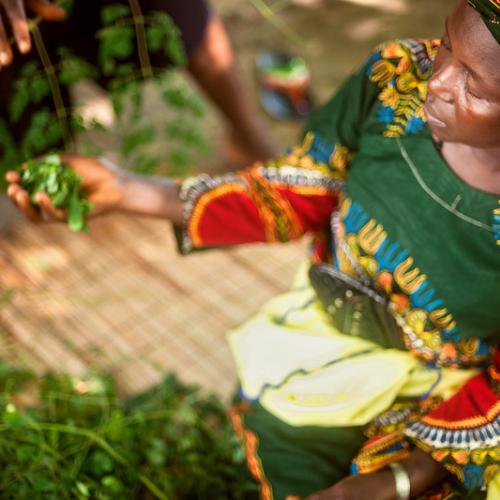Knowledge Translation Hub
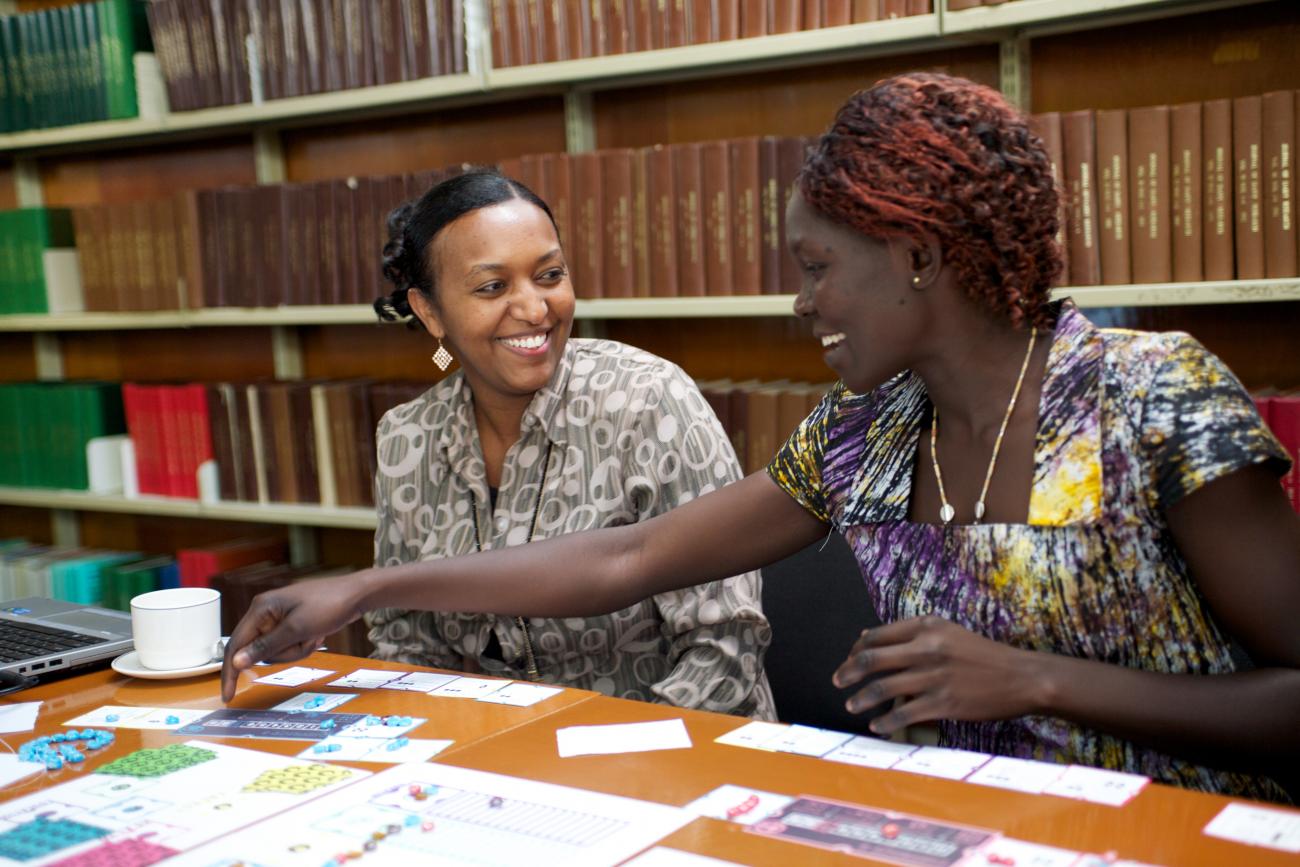
Context
The Climate and Development Knowledge Network (CDKN) and ODI together are the Knowledge Translation partner for GLOW’s twelve action research projects.
In this context, ‘knowledge translation’ means working with all the projects to ensure that the whole GLOW programme’s mission and findings are widely known and applied in policy and practice.
The Knowledge Translation Hub’s work is cross-cutting in nature, and so it focuses especially on informing and influencing relevant stakeholders across countries: regionally and internationally.
Objectives
The Knowledge Translation Hub wants to see a world where the gender gap is steadily and irreversibly narrowing in all common measures of economic empowerment. This includes: the participation and equal remuneration of women in the labour force, the security and decency of women’s work (work that is not demeaning, and provides adequate pay and benefits), equality in the care economy and other key indices of empowerment.
Women should have equal opportunity to obtain decent work in the ‘green economy’ and low-carbon jobs, in alignment with the Paris Agreement on climate change. That could mean improving the labour conditions in many land- and forest-based industries where women are already employed. It could also involve supporting women to enter new areas of climate-compatible work. Critically, we want to see enabling policies and implementation measures - in the public and private sectors - to make gender equality and climate-compatible development a reality.
How will GLOW’s Knowledge Translation Hub work towards these goals? We will do so by increasing the profile and influence of the GLOW programme, and uptake of its findings and recommendations, through our internal capacity-strengthening and external engagement activities.
Partners
The Knowledge Translation Hub is run by CDKN, an alliance of organisations based in the Global South. CDKN is headed by SouthSouthNorth, a non-governmental organisation in Cape Town, South Africa, and in collaboration with Fundacion Futuro Latinoamericano and ICLEI-Local Governments for Sustainability South Asia. They are partnered with ODI to run the Hub.
Activities
Since beginning work in late 2021, the Knowledge Translation Hub has:
- Established an external profile for the GLOW programme, including creating this website and organising a flagship GLOW event at the Commission on the Status of Women (CSW66) conference.
- Developed and initiated a peer-to-peer learning programme among GLOW projects. Early peer exchanges have looked at: frameworks and tools for knowledge translation and research uptake, and for understanding women’s empowerment.
- Undertaken a global literature review that situates the GLOW programme within the landscape of evidence and policy narratives on women’s economic empowerment in low-carbon transitions. Read a synthesis, with recommendations for policy-makers.
In 2023-24, the Knowledge Translation Hub expects to:
- Produce a substantive programme report on ‘what GLOW did’ over its 30-month lifetime.
- Produce a synthesis research report and many spin-off knowledge products and communications campaigns on ‘what GLOW found’ in its research and recommendations for action, pulling together the key research findings from across projects.
- Develop specific tailored, targeted findings and recommendations. As part of the global synthesis process, we will identify more specific target audiences around clusters of GLOW findings and develop tailored briefing notes and communications products and campaigns for these groups.
- Expand this website into a fully multilingual English-French version, and promote its rich content actively, in digital spaces and face-to-face.
Contact
Mairi Dupar, Technical Lead
Email: m.dupar@odi.org.uk


